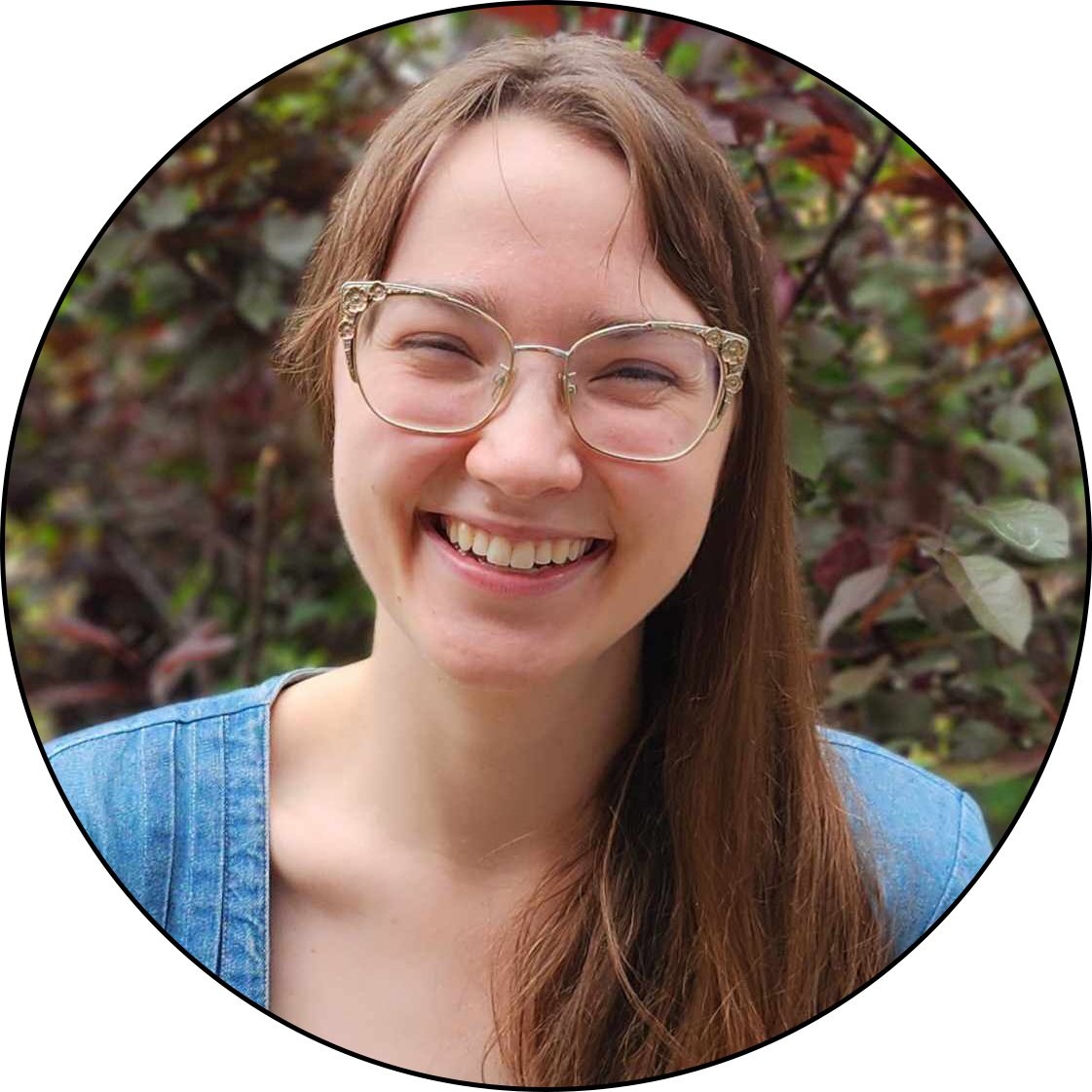Below is a description of all Block 4 sessions, as well as a short bio of each presenter.
Return to Orientation Main Page
Canvas 4 | Multimedia and Canvas |
|
| Canvas 4 (Concurrent Session Block 4 – 3:00 – 4:00) | |
Session Description and Learning Objectives
|
|
| Full Session Description and Resources are available here
This fourth Canvas session will prepare participants to teach more effectively using multimedia within Canvas:
|
|
Presenter | Kathy Pinkowsky |
|
| Kathy Pinkowsky comes to the College of Letters and Science with a background in instructional technology, curriculum design, software training, usability/accessibility, and technical writing. Kathy holds a B.A. in English from Western Illinois University and an M.A. in Instructional Technology from Alverno College. In Kathy’s previous job roles, she was a senior technical writer for a software company, a supervisor of the Web and Technology group at Assurant Health, and most recently, the manager of the Instructional Technology Department at Alverno College. Throughout her career, Kathy has focused on integrating technology with teaching and learning. |  |
Empower Student Participation: Leading Dynamic Discussion Sections |
|
| Teaching Focus 7 (Concurrent Session Block 4 – 3:00 – 4:00 pm) | |
Session Description and Learning Objectives
|
|
| Many students come to 100-level courses simply to fulfill a general-education requirement, and without much excitement for the topic. However, by structuring your discussion sections with the intention of boosting interactivity and critical thinking skills, even the most unenthused student will engage meaningfully with your subject. Some may even learn to learn to love your subject!
This session will cover impactful strategies for making your classroom an environment where students consistently engage with each other and your subject. Attendees will walk through examples of activities which teach students ways of thinking about and interpreting materials, and not just memorizing information. After the session, attendees will be equipped with a framework for planning and leading discussion sections where their students thrive. Learning Objectives: By the end of the session, attendees will learn…
|
|
Presenter | Anna Rohl |
|
| Anna Rohl is enrolled in UWM’s coordinated Masters of Library and Information Science / History degree program, with concentrations in archives and public history. She has been a Teaching Assistant for the History department since Fall 2021, leading discussion sections and acting as a grader for various courses in American, European, and World history. Anna is also a research intern at the American Geographical Society Library in UWM’s Golda Meir Library and this summer is working on contract as an archivist in the Milwaukee Public Library’s Special Collections and Archives department. While Anna’s historical research focuses on the intersections of imperialism, race, and popular culture at American World’s Fairs, her ultimate career goal is to be a local history librarian who helps people research the lives of their ancestors and the places they call home. |  |
Student-Centered Teaching: Creating an environment that makes students the center of the classroom |
|
| Teaching Focus 8 (Concurrent Session Block 4 – 3:00 – 4:00 pm) | |
Session Description and Learning Objectives
|
|
| Instructor-focused courses, which primarily rely on noninteractive lectures to convey information, inhibit a student’s ability to grow in their learning and allow them to be more passive in their education. Numerous studies show that giving authority to students fosters a better learning environment and allows students to take responsibility for their learning. Student-centered learning is a teaching philosophy that centers the course onto the students instead of the instructor. This educational atmosphere is accomplished through 1) ceding portions of the course over to students, 2) having students engage the content, instructor, and each other in a meaningful way, 3) learning by doing, 4) having students take responsibility for their learning, and 5) using a variety of methods to evaluate learning. This workshop will elaborate on these five methods and provide real examples from the classroom.
By the end of this session, attendees will be able to:
|
|
Presenter | Andrew Westgate |
|
| Andrew Westgate is a PhD student in the atmospheric science program. His research is focused on climate dynamics, specifically a multidecadal trend present in observations but absent from simulations. His passion for teaching formed while he was in Vermont pursuing his B.S. degree in the same field, and stemmed from having a passionate and dedicated professor and the supplementary instructor program, where Andrew would prepare small, optional, interactive lectures based on the material covered that week. Andrews non-academic hobbies include biking, going to the gym, attending his church, finding new movies and television shows, and exploring Milwaukee’s breweries with friends. |  |
Teaching Assistant Q&A |
|
| (Concurrent Session Block 4 – 3:00 – 4:00) | |
Session Description and Learning Objectives
|
|
| Moderated by Sarah MacDonald (Teaching, Learning, and Technology Consultant, CETL)
Curious what your first semester of teaching at UW-Milwaukee will be like? Looking for some tips and tricks from experienced teaching assistants? Have a question, but just not sure to ask? Attend this Q&A session to hear from experienced UW-Milwaukee teaching assistants as they share their best practices for new teaching assistants and take your questions about teaching, UW-Milwaukee, and balancing life and grad school. This session features presenters from Educational Psychology, Management, Mechanical Engineering, Sociology. |
|
Presenters |
|
|
|
All sessions will be recorded